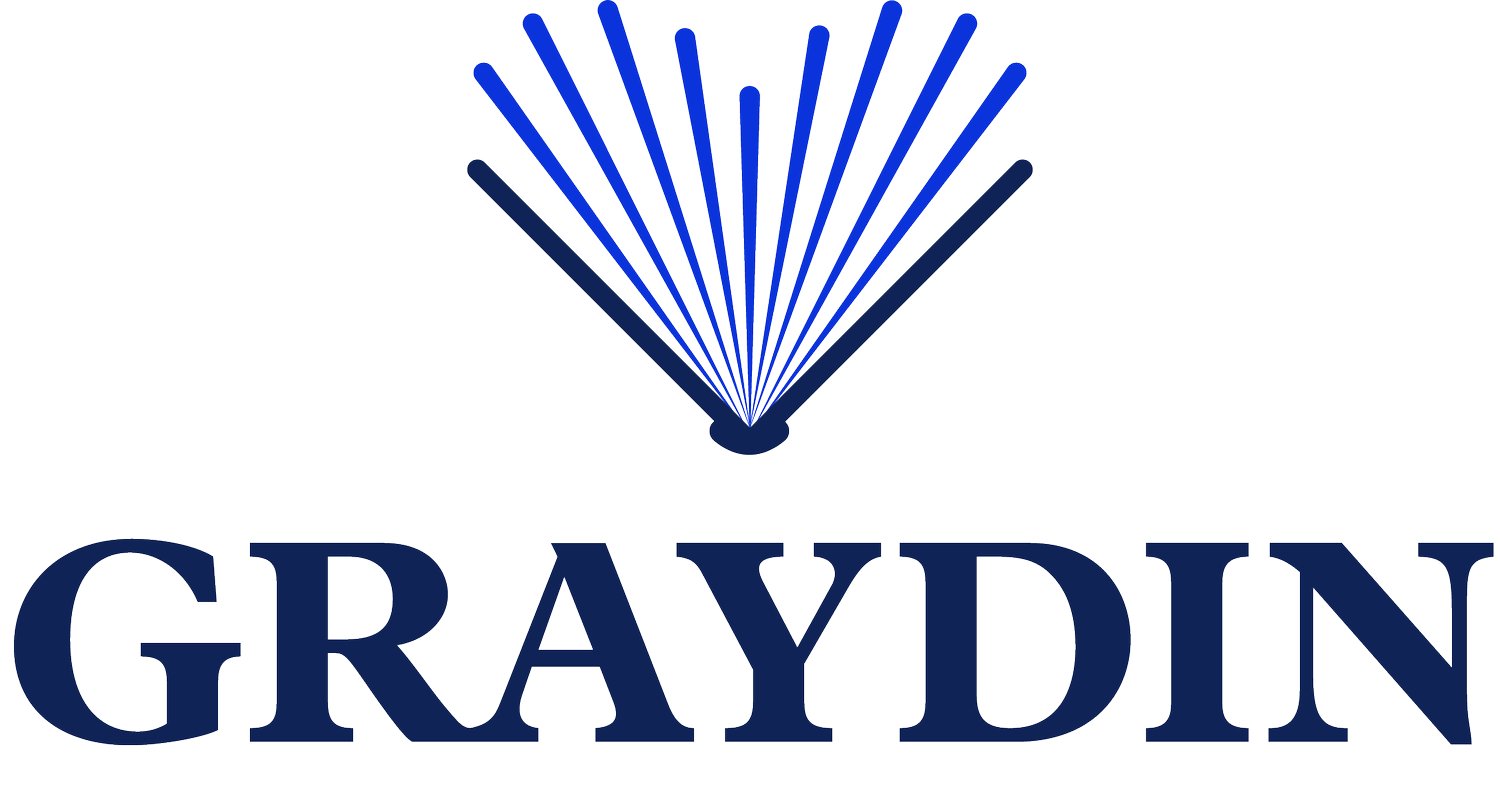Self-Coaching is Self-Care
Coaching is often thought of as a relationship between two people. We want you to consider what’s possible if they were the same person? Using a coaching approach on ourselves is a practical way to adopt self-care practices that go beyond bubble baths and back bends.
If you can see yourself as both the coach and coachee, it shifts your attitude and ability to make decisions in powerful ways. And what better way to practice and hone those new coaching skills?
Start every day with an agreement with yourself
Coach and coachee begin their relationship by creating a Partnership Agreement and this clarity helps to inform how they will be with one another and the type of dynamic they will have when working together. The agreement can work in many contexts, whether it’s a teacher and student identifying how they will be together in the classroom, a child and their parent getting clear about how they will be at home or two adults sharing the most useful qualities of a relationship so they can support each other as best as possible.
Think about your relationship with yourself. What would change if you made a Partnership Agreement with yourself, outlining how you might interact with yourself or what you need out of your internal thought process? Let’s call it a Self Agreement.
On a daily basis, there are moments where people go against what they say they will do. You may have shared with your friend, ‘I’ll call you in 10 minutes’ but it ends up being 20 minutes. Or, you may have said to yourself, ‘I’m going to respond to all my emails right now,’ but end up getting through half before proclaiming you will finish them ‘later’.
This is life. It happens. We get it. So, how will you respond to yourself? Who are you being in those moments and how is that different for the person you said you would be in your Self Agreement?
Perhaps you may agree to practice kindness and forgiveness towards yourself if something doesn’t work out the way you hoped. Remember, your internal landscape makes an impact on everything you see and do. Think of how you would ‘be’ if you were supporting or empowering another, and then extend that behaviour back to yourself.
Map everything from A to B
Coaches help their coachees plot a map from A to B—getting clear about where the coachee is starting from and their current reality and resources—before moving on to their goals and where they want to end up. This process helps the coachee realise where they are in relation to their targets, whether it is closer or further away than they had originally realised. It’s simple and profound.
So ask yourself, Where am I now? And then, Where do I want to be?
Your point B could be something major, but it doesn’t have to be. Is there a conversation you need to have with someone? An email you need to write? An appointment you need to make? If so, what questions could you ask yourself to get started? Consider questions like, What is stopping me? What resources do I have available to me? What would it feel like to get this done? What’s the very very first step I could take?
Keeping your goals in mind (point B), you have it within you to find the next right thing to do towards achieving them. Start at point A and point B will happen.
Focus on what you can learn
Rather than getting caught up in the details of the past, effective coaches seek to understand how past experiences are affecting their coachee in the present moment.
A lot of us dwell on the past, which can be unproductive and frankly, unpleasant. When was the last time you stared at the ceiling in the middle of the night and replayed an awkward conversation or an embarrassing moment? What if instead of dwelling, you worked to understand how it may be fogging up your present perspective? Access your Genuine Curiosity and shine that light towards yourself, and ask questions that point you forward instead of backwards, or in circles: What lesson can this teach me? What can I let go of? Where can I go next?
Self-care through self-coaching builds a foundation for relationships
The beauty of coaching skills is that we can be our own coach and that means, we can truly care for ourselves. We won’t just meditate for 15 minutes or call our best friend and tell them we love them, we will show up for ourselves every minute of every day. We will ask ourselves the tough questions and we will hold ourselves accountable every step of the way.
By coaching ourselves, we’ll plant seeds that will grow into healthy and happy outlooks, while becoming better equipped to do the same for others.
